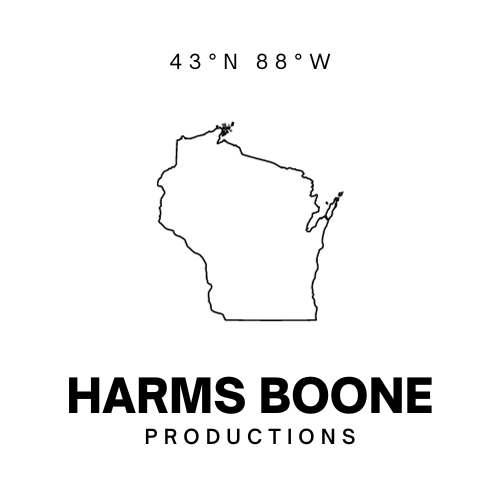In 2016, I didn’t read any books by white men. I already knew so many, that I decided to press pause on them for the year. I looked at the books I’d read in the last few years since grad school and ones I’d put on the ever-growing reading list, and realized that many were white, mostly Christian or Athiest, men. I’m a white man who grew up Christian and drifted toward Atheism as I grew older, why only read books that reinforce that point of view. Perhaps, I thought, there was a lot to learn from people who didn’t look like, sound, or grow up the way I did.
And oh, was I right.
I started this discipline with Reservation Blues by Sherman Alexie, the first novel by a Native American writer I think I’ve ever read — certainly the first I’ve read as an adult. Alexie is a wonderful writer I had known about but never gotten a chance to read until last winter when I picked up this novel. Other books of his, The Lone Ranger and Tonto Fistfight in Heaven and The Toughest Indian in the World, are already on my list for 2017.
Another book that impacted me this year was The Bean Trees, by Barbara Kingsolver. I didn’t realize it at the time, but this was a great book to read while moving west. Her whip smart characters and their observations and timeless insights into a world marked with uncertainty and impossible choices made this a provocative and enjoyable read.
Perhaps the most powerful books I read were the ones I ended the year with: Americanah by Chimamanda Ngozi Adichie and Between the World and Me by Ta-Nehisi Coates.
Americanah tells a story of a woman who emigrated from Nigeria to the United States in pursuit of education. But as the main character, Ifemlu, says, books are never ‘about’ just one thing. This book is about hair, it’s about love, about racism, wellness, politics, media, culture, internationalism and survival in the United States in the 21st Century. As I read this book, I thought about interactions I had with international students at the small, liberal arts college I attended. Did I lead with questions, or by asserting some sort of worldliness I wasn’t entitled to? Did I make false equivalencies like saying the week I spent in a German high school is the same as their leaving their home country to go to university in rural Minnesota? Did I ignore geographic and cultural differences between places rather than showing a genuine curiosity about their home country? What about in high school? The Somali students I went to school with might have been refugees, but they might have been kids like Ifemlu’s cousin, Dike — children of parents who left for one reason or another. They were harassed, taunted, abused by our peers. What was their broader experience in suburban Minnesota? I don’t have answers to these questions but Americanah has made me think more carefully about how I can listen better, learn harder, and be a better citizen.
Between the World and Me I think deserves a second read. It’s a dramatic letter to his son who recently witnessed the justice system decline to press charges against the police offer who murdered Michael Brown. Ta-Nehisi Coates’ perspective is scholarly. He shows himself persistently pondering the question: How do we protect, affirm, and celebrate black bodies? The black body, the individual and the collective, permeates the book and offers a forceful argument that they have always been systematically used, pillaged, and destroyed to advance the economic and political agenda of people who “need to be white.” Reading it showed me the world of decisions my parents never had to make, daily considerations about my personal security I never have to think about, and worries I’ll never have as a future parent, but ones that black parents and their children have to struggle with every day.
All of these books provide a much needed perspective in a world where Americans of color, immigrants, and religious minorities are inundated with stereotypes and daily inundated with bigotry and the threat of hate crimes. The books are invitations for empathy for those of us from outside those communities. Yes, these books make observations about white people, and those observations might make you uncomfortable if you’re a white person reading them. That’s OK. Really, fellow white folks, it’s OK to be uncomfortable. The reality is that the people of color around you are probably just as uncomfortable on a weekly, daily, maybe even hourly basis. Think about how you can use your discomfort to ask better questions, and be a more proactive ally for all in your community.
I thoroughly enjoyed my year of avoiding white male authors. I enjoyed it so much I also branched out of my other media bubbles to try and bring more diversity to what I watched and listened to. Podcasts I’ve discovered as a result include Buzzfeed’s Another Round and See Something, Say Something, Call your Girlfriend, 2 Dope Queens, and Good Muslim, Bad Muslim. These podcasts might not be for me, but as an outsider they, too, are invitations for empathy. In 2017, I want to continue to further diversify my media consumption. If you have a good recommendation, please let me know on Facebook, Twitter, or drop me an email.
